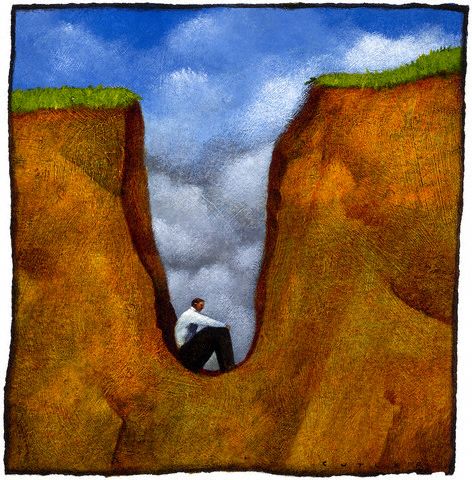
Since the 2016 presidential election, shit has been hard for some of us. For the rest of us, shit has been hard for a while. ~ Lama Rod Owen, Love and Rage: The Path of Liberation through Anger
Flying north to New York the night of Election Day 2016, I watched with dawning horror as the results shown on the seatback TV screen gradually confirmed that Donald Trump was going to be the next president of the United States. A numbness spread through my brain and down into my body. The only thing I could feel was nausea.
Never had I been so scared in my life. Not even close. I was terrified of what he would do in the White House. Four years later, I realize that what damage I imagined he could do was minuscule compared to the things he actually has done. This year alone – with his responses (or lack thereof) to the coronavirus and the roar of protestors against racism and police brutality – far exceeds any nightmare my febrile brain could have cooked up in November 2016.
Fear is not the only emotion I have felt since then. There has been much anger as well. I felt anger toward Trump. Toward his enablers. Toward his supporters. Toward Fox News and the other right-wing media. Toward the police that commit violence against people of color. So much anger that it began to ooze out of my pores, giving off a scent that I imagine made me unpleasant to be around.
That feels foreign to me so many years after I began to practice meditation and mindfulness and took the first steps on the path toward Buddhism. I had learned to contemplate feelings of anger with equanimity and curiosity as to their source, and to not treat them as inherently bad. One of the primary benefits of that practice is that I rarely act in anger. The periodic outbursts that characterized the first 30 or so years of my life were virtually nonexistent. The barely controlled rage that turned my face red and made my skin feel like it was burning was a feeling I hardly recalled.
This year, though…oh man. It’s not that I’m ranting and raving. There are no viral videos of me losing my shit. But it is taking a lot more work in my practice to cope with the anger I am feeling these days. I am not certain that I fully understand why I have felt so much anger. It is too simple to pin it on Trump’s actions (and inactions), or on the more than 120,000 deaths from COVID-19, or on the tragic deaths of so many Black people at the hands of those charged with protecting them. Those things mostly make me feel profound sadness.
I have a sense that at least some of the anger I feel is borne of fear. Fear for my health. Fear for the lives of my older family members and friends. Fear for the lives of my Black friends and my mixed-race nephews and niece. Fear that the society, government, and planet I am leaving to my daughter are irreparably damaged, that I have failed to set her up for an adult life that is at least a notch better than mine.
The anger may be a response to those fears, like my body is trying to change the channel to a less-discomfiting emotion. The emotion may be different but the physical and psychological response to anger has felt every bit as unpleasant – more unpleasant, really – than the fear.
Truth is, I’m not sure. I have much more work to do to figure it out and process it healthfully. I am hoping that Lama Rod Owen’s new book, Love and Rage, will help. His other book that I’ve read, Radical Dharma, overwhelmed me, but in a good way. He and his co-authors taught me things in that book that simultaneously felt completely foreign and absolutely true. I feel a kinship to him, different as we are in so many ways, but linked by sharing a connection to Lama Norlha Rinpoche, with whom I first took refuge in the Three Jewels.
I also hope that Lama Rod’s book will help me to better understand the anger and fear and other emotions experienced by Black people, indigenous people, and other people of color. My fear and anger have been nearly debilitating, despite my many advantages as a white male, despite the minuscule chance that I will be the victim of police brutality. What must they be feeling? I imagine it is a magnitude several factors greater than anything I’m feeling. And I have little conception of what that must be like.
Will you join me in trying to understand, to educate ourselves, to make amends and advance the process of making things right? Commit with me to learn how we’ve contributed to the unjust society we live in, no matter how uncomfortable or shameful it feels. Commit with me to act on what we learn.
